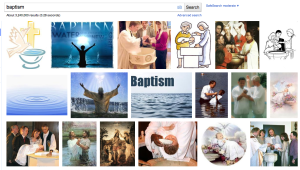Maybe it is me, but I find myself troubled by the things that Google Image shows me about the faith that I claim. This is significant in my opinion because google will push those things that are referenced or used the most to the top because they have been deemed as having the most worth & credibility for that particular search. I would put the bible in this thought captured in image, but it is boringly predictable. So..
 I probably have the most issue with worship.. Seriously, these black silouette hands raised is the predominate image for worship?.. really?..
I probably have the most issue with worship.. Seriously, these black silouette hands raised is the predominate image for worship?.. really?..
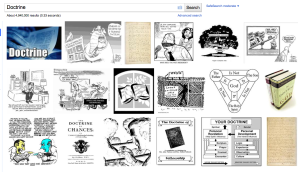 Doctrine doesn’t get a good rap with the image folks. It also gets mixed up with politics and other cultural items.. Is that telling us something?
Doctrine doesn’t get a good rap with the image folks. It also gets mixed up with politics and other cultural items.. Is that telling us something?
 I’m glad to know that God is pretty much the same yesterday, today and forever. Except for that muscle character HE is some nice shining lights with a white beard.
I’m glad to know that God is pretty much the same yesterday, today and forever. Except for that muscle character HE is some nice shining lights with a white beard.
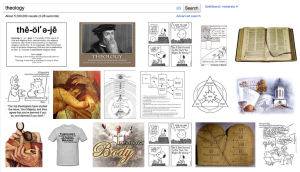 I must say, I liked the motivation theology poster a whole lot. contemplated making that my laptop wallpaper. It is intriguing the images constructed to try to explain theology. Throwing out the 10 commandments makes for a limited theology in ways, might not be a bad thing though.
I must say, I liked the motivation theology poster a whole lot. contemplated making that my laptop wallpaper. It is intriguing the images constructed to try to explain theology. Throwing out the 10 commandments makes for a limited theology in ways, might not be a bad thing though.
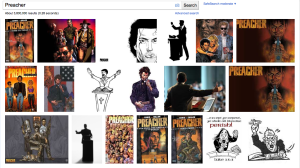 This one kinda freaked me out…
This one kinda freaked me out…
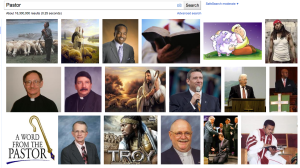 I like the safe pastor look better.. Except for maybe that guy in the top right.. Or the movie Troy, not a very good movie.
I like the safe pastor look better.. Except for maybe that guy in the top right.. Or the movie Troy, not a very good movie.
I suppose another arms up in the air type image is suitable. I did find that infant baptism rising to the top in so majority of images to be interesting. But maybe those are just baby dedications..
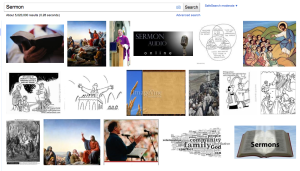 I suppose with two or three Sermon on the Mount images we can call this legit. At least there isn’t a benny hinn pic.
I suppose with two or three Sermon on the Mount images we can call this legit. At least there isn’t a benny hinn pic.
 Boy am I glad my mommy taught me to fold my hands together and hid in dark lit rooms because apparently that is the way to go about praying to God.
Boy am I glad my mommy taught me to fold my hands together and hid in dark lit rooms because apparently that is the way to go about praying to God.
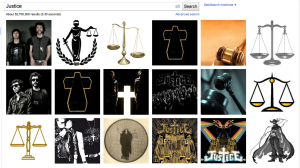 The gothic nature of all these images has me shaking my head.. Maybe justice is just for goth people.
The gothic nature of all these images has me shaking my head.. Maybe justice is just for goth people.
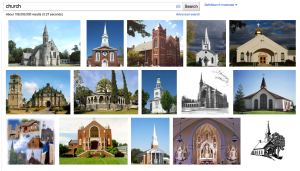 I like how there are no people in the churches. That’s nice.. Wait a second….
I like how there are no people in the churches. That’s nice.. Wait a second….
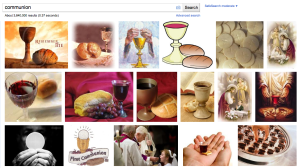 I could have chosen Eucharist, but those results were too catholic. Reminds me of the Indiana Jones and the Last Crusade. “You must choose wisely.” Looking at these, we seem to want to choose poorly.
I could have chosen Eucharist, but those results were too catholic. Reminds me of the Indiana Jones and the Last Crusade. “You must choose wisely.” Looking at these, we seem to want to choose poorly.
Last but not least
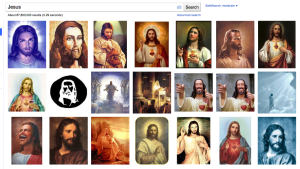 I like my white soft skinned Jesus. Especially the contemplative sensitive type. But when I go out on Friday night I want Buddy Christ!
I like my white soft skinned Jesus. Especially the contemplative sensitive type. But when I go out on Friday night I want Buddy Christ!
NOTE: If you are curious, I didn’t do any scrolling for these. This is the first set of results in each case.
So what does this tell you about your faith?
